Valencia, December 12, 2022.- The Valencian Anti-Fraud Agency has presented this morning at a press conference the results of the 1st Survey of Perception of Corruption in Spain and the Valencian Community.
The Professor of Political Science and Administration of the University of Murcia and responsible for the Chair of Good Governance and Public Integrity, Fernando Jiménez, was in charge of publicizing the data of this survey that has had the collaboration of Luis de Sousa, researcher at the Institute of Social Sciences of the University of Lisbon. The presentation was also attended by the director of the Agency, Joan Llinares.
For the preparation of this survey, more than 1,500 interviews have been carried out and 400 of them have been in the Valencian Community. The results of this survey offer for the first time an x-ray of the perception that citizens have regarding different aspects related to corruption and ethics and public integrity.
Main results of the encuesta
Among the main problems that concern citizens, the rise in prices occupies the first place with 21.4% followed by politics andn second place (20.3%). Corruption ranks 7th with 2.3%. If we look at the data obtained in the case of the Valencian Community, inflation also occupies the first place although in a lower percentage (18.8%) while corruption falls to 8th place with 1.5% below issues such as the effects of the war in Ukraine.
As for trust with the institutions, the Armed Forces, the police and the European Union are the ones that enjoy the greatest support from citizens both throughout the national territory and in the Valencian Community. At the other extreme, the Government, the Congress of Deputies and the political parties are the ones that generate the least confidence.
The survey also includes what citizens understand by corruption and most express that “the behavior has to be illegal to be considered corrupt.” It is striking how a large part of the population considers that “if the irregular action is carried out for a just cause, it is not corruption” or “if the result of an action is beneficial to the population in general, it is not corruption”.
In another of the questions thatis collected in the survey it is asked what they consider to be most important to have economic success in Spain and most think that “having good contacts and cultivating them” while secondly it is considered that it is more important “to have good ideas and strive to explain them”.
Regarding the perception of whether corruption increased or decreased in the last year, 43.34% of the population considers that it neither increased nor decreased. However, the percentage of people who believe it increased is 43% as opposed to 13% who think that corruption decreased to a greater or lesser extent.
Asked about who is more corrupt, the data indicate that citizens perceive politicians as the most corrupt (60%); followed by businessmen (47%); officials (39%) and citizens (36%). Despite considering that politicians are the most corrupt and when asked about the reasons why corrupt politicians are voted, the majority has responded “because the candidates are from the party with which you sympathize.” The rest of the reasons put forward in order of relevance are “because they have benefited from the favors of the candidate and feel gratitude” and “because they consider that all politicians are corrupt and that is why it does not matter who you vote for.”
When asked if any official has ever asked for gifts or money, 94% of respondents answered that “never” data that are similar both in the whole of Spain and in the Valencian Community.
On the protection received by whistleblowers of corruption in our country, the majority thinks that “protecting people who report corruption is an obligation for the whole society” followed by “whistleblowers of corruption can be subject to multiple reprisals” and in third place and well below the previous two is that “whistleblowers of corruption are already sufficiently protected by the police and judges”.
Facts about the Valencian Anti-Fraud Agency
In this survey, interviewees have also been asked about issues that directly affect the Valencian Anti-Fraud Agency and therefore only the population of the Valencian Community has been asked.
One of them was the degree of knowledge that exists among citizens about the Agency and 32% said they knew the existence of the same compared to 68%. By age, those under 34 years of age are the least known (85%) while the age group of 35-49 are the ones who know it most with 37%.
Among the 32% who answered that they knew the Agency, the opinion about it was considered very good, receiving a majority score of4 out of 5.
And on the functions entrusted to the Agency, the best known by citizens is to “protect those who report cases of corruption”, followed by “detect and punish corrupt people”, “prevent corruption from occurring” and finally “train politicians, officials and students in ethical values”.


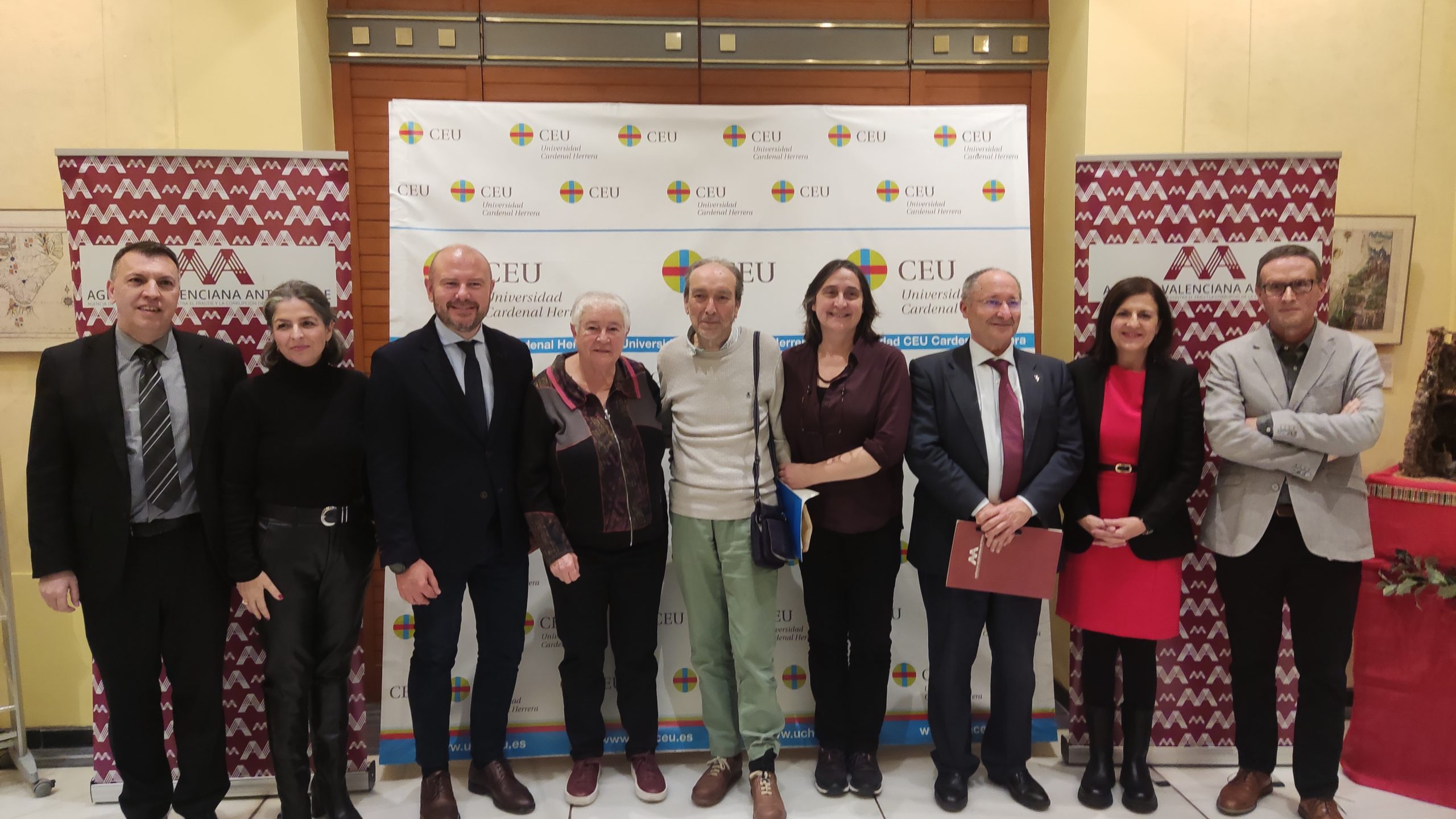
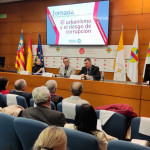
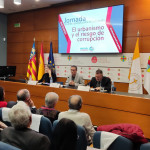
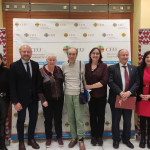
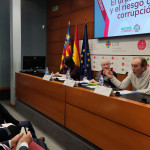
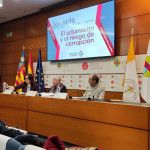
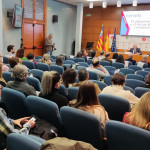
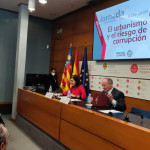
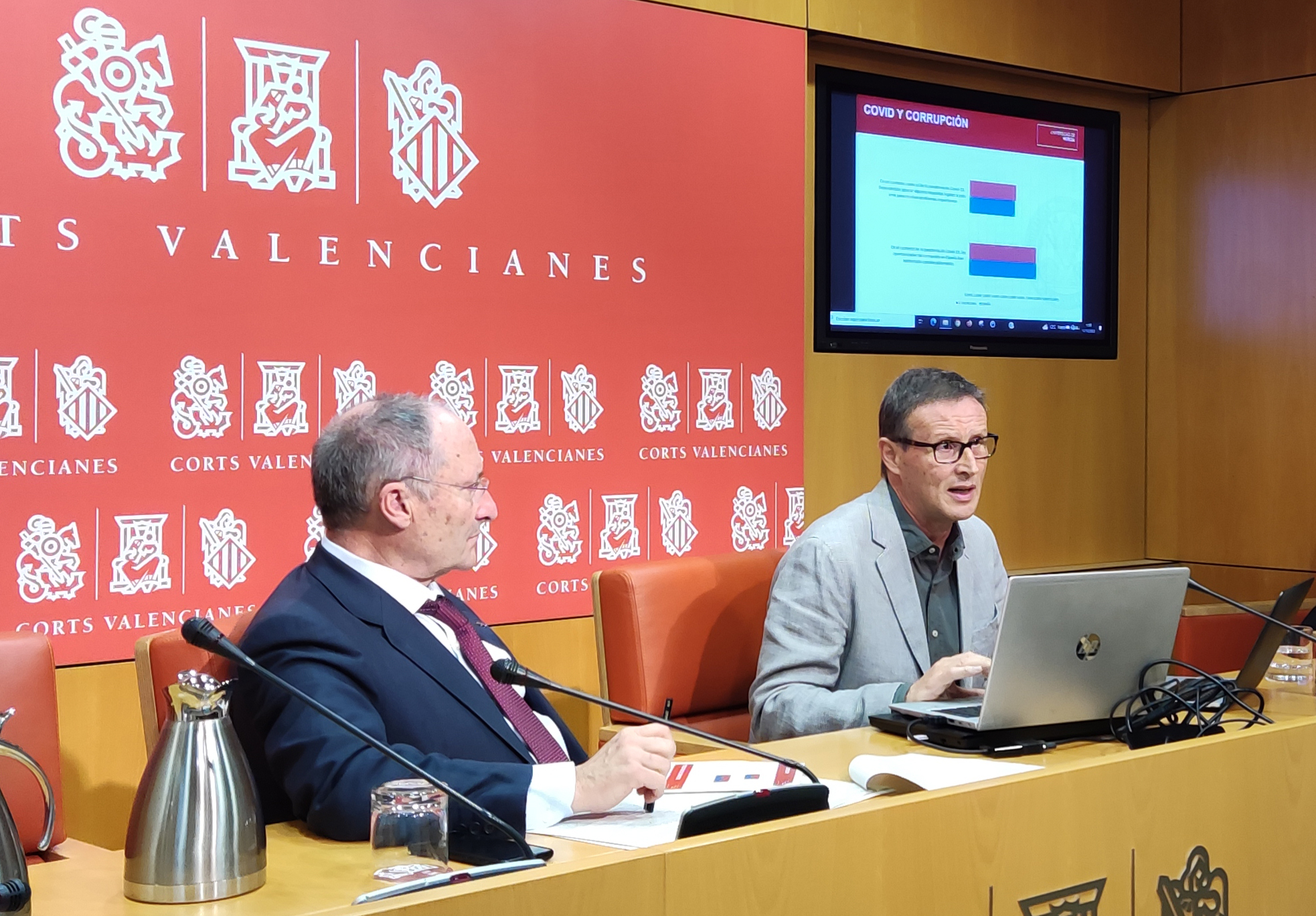
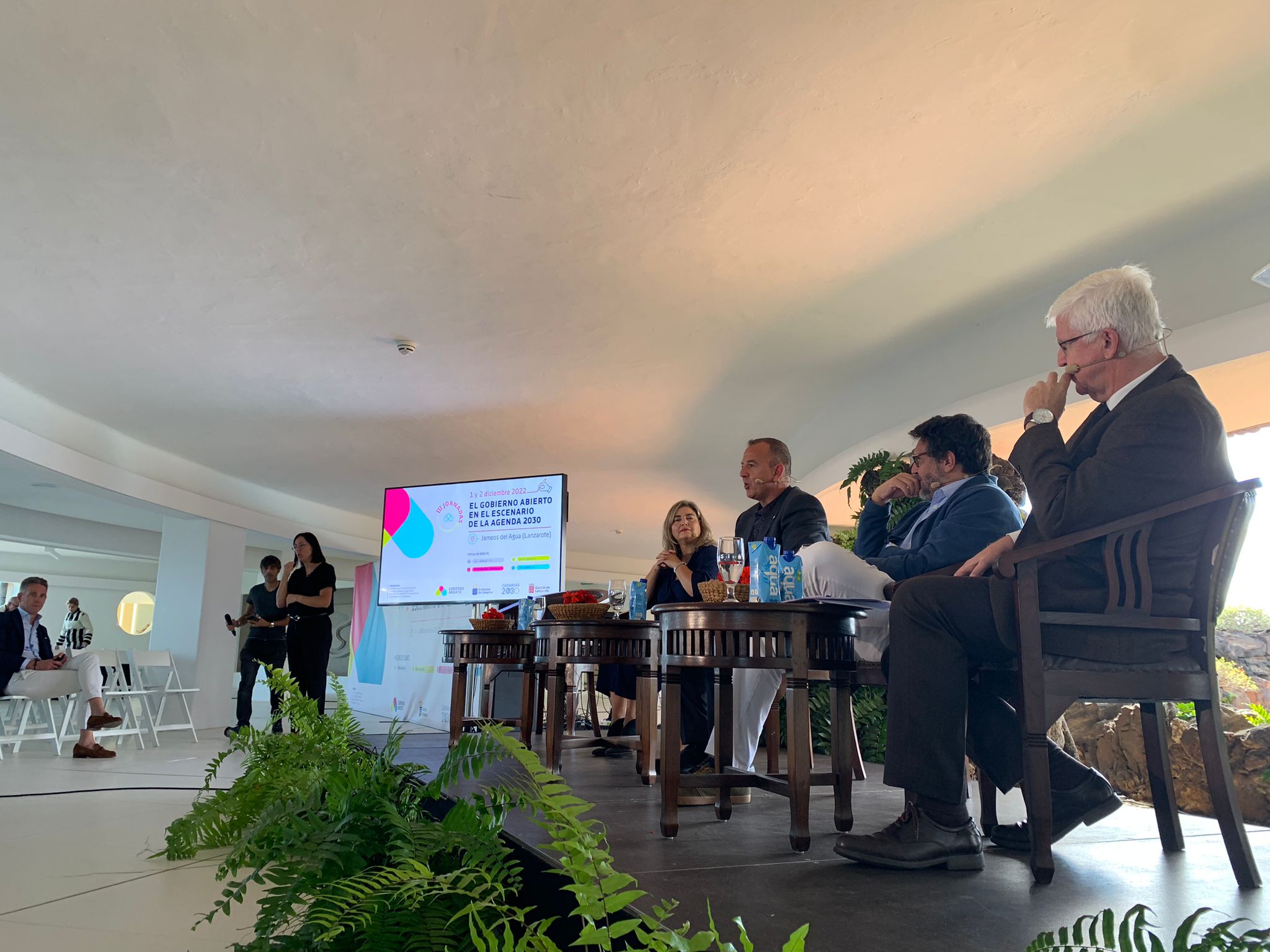
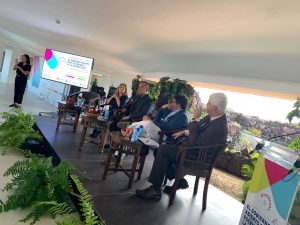 The meeting “Open Government on the stage of the 2030 Agenda” brought together representatives of the Open Government Alliance (OGP), the Presidency of the Government of Spain, the Council for Transparency and Participation of the Community of Madrid, the Network of Local Entities for the Transparency and Citizen Participation of the FEMP, the Transparency Council of Aragon, the Presidency of the Government of Navarra, as well as councils such as Castellón and Gipuzkoa and Canary Islands institutions such as the Canary Institute of Public Administration and the Canary Institute of Statistics (ISTAC) among others.
The meeting “Open Government on the stage of the 2030 Agenda” brought together representatives of the Open Government Alliance (OGP), the Presidency of the Government of Spain, the Council for Transparency and Participation of the Community of Madrid, the Network of Local Entities for the Transparency and Citizen Participation of the FEMP, the Transparency Council of Aragon, the Presidency of the Government of Navarra, as well as councils such as Castellón and Gipuzkoa and Canary Islands institutions such as the Canary Institute of Public Administration and the Canary Institute of Statistics (ISTAC) among others.